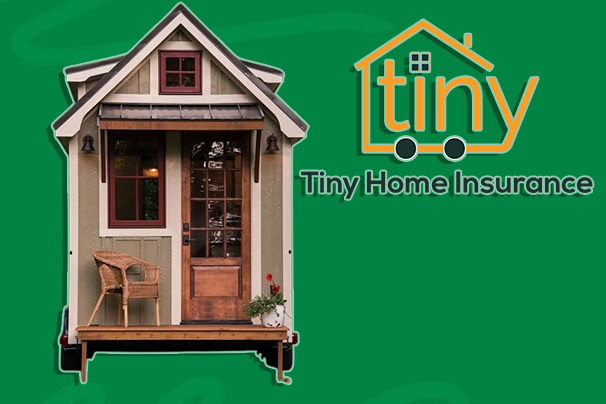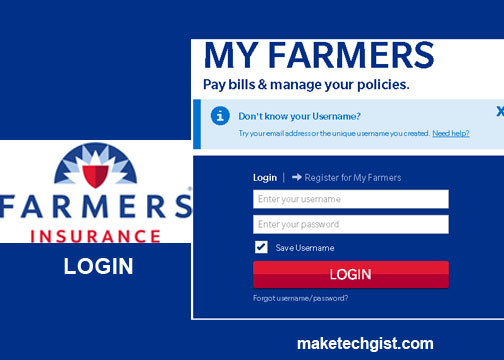Understanding which is better between liability vs. full coverage car insurance helps you to select the best alternative for your vehicle and your budget. Liability car insurance pays for injuries or property loss expenses to other people while you are driving. Meanwhile, full coverage insurance covers liability insurance and other policies to cover you and other drivers on the road.

Most states have minimum requirements for auto insurance, as they are often restricted to only liability coverage. However, a comprehensive coverage policy is optional. In this article, we will define liability vs. full coverage with car insurance, determining which is better. Furthermore, when you are ready to get car insurance, it’s crucial to compare rates from the best car insurance providers.
What is Liability Car Insurance?
Liability car insurance is a type of auto insurance that will cover the costs of any injuries and damages sustained by other drivers and passengers in an accident if it is found that you were at fault. If you cause an accident, your insurance policy’s liability coverage will cover the other driver’s and passengers’ medical costs.
However, you will be responsible for any further costs. This covers the expense of replacing your damaged automobile, paying for medical care for any injuries you or your passengers may have, and renting a vehicle while you are without a car.
What Does Liability Car Insurance Cover?
Liability Auto insurance is categorized into two types, including bodily injury liability and property damage liability. Moreover, when you are determined to be at fault for an accident, both forms of coverage reimburse the costs incurred by the other motorist.
Bodily injuries liability
This covers damages incurred in an accident that result in medical expenses for one or more injured parties, lost wages, legal costs in the event of a lawsuit, and pain and suffering.
Property damage liability
It provides coverage if you cause an accident that results in expenses for replacing or repairing damaged property, such as a mailbox or car. If you are arrested, it will cover your defense in court.
Each form of liability coverage has coverage limitations imposed by auto insurance companies. The limits on bodily injury are based on the individual and the incident. If the losses resulting from an accident are beyond your limitations, you will bear the additional expense.
How Much Does Liability Car Insurance Cost?
The National Association of Insurance Commissioners (NAIC) estimates the average yearly cost of liability insurance throughout the country is around $650. However, your expenses will differ based on several variables, such as:
- Your age and driving record
- Model of vehicle
- Your resident
- How much liability insurance do you purchase?
- Your history of insurance claims
Other potential variables include your gender, relationship status, employment, and credit (in California, Hawaii, Massachusetts, and Michigan, it is illegal to utilize credit-based insurance ratings for insurance purposes).
Do I Need Liability Car Insurance?
Except for New Hampshire and Virginia, most states mandate liability auto insurance as proof of financial responsibility in the event of an auto accident. Drivers in New Hampshire face suspension of their driving privileges unless they can demonstrate that they have sufficient funds to fulfill the state’s financial responsibility standards. In Virginia, drivers have to get liability insurance by paying a $500 annual fee. In addition, they pay for their medical expenses and any property damage if they cause an accident, as they are responsible for both physical injuries and property loss.
What Is Full Coverage?
Full coverage is sometimes referred to as having liability, collision, and comprehensive insurance. This means that if you’re looking for “full coverage,” you should make sure you’re insured for everything you believe you are by carefully reading the fine print of any insurance policy you purchase.
What Does Full Coverage Cover?
When you apply for a car loan, your lender will probably want full-coverage auto insurance. However, insurers do not typically offer this kind of coverage. Meanwhile, full coverage often refers to the requirement to get liability insurance in addition to these two categories of coverage:
Collision coverage
If you, another automobile, or a fixed object like a light pole are involved in an accident, collision coverage helps to defray the expense of repairing or replacing your vehicle.
Comprehensive coverage
Comprehensive auto insurance helps pay for damages to vehicles that don’t come from collisions. Damage caused by animals, fires, floods, theft, and fallen tree limbs are a few examples. In most cases, comprehensive and collision insurance work together to pay for the expenses of replacing or repairing your car. Full coverage for a customer may also include the following, depending on your state or insurer:
- Significant limits for losses and bodily injury liability coverage above the minimum required by the state.
- Medical payments insurance or personal injury protection (PIP) insurance for injuries sustained in an accident involving you or your passengers.
- Uninsured or underinsured motorist (UM/UIM) coverage keeps your car safe from drivers who don’t have enough insurance in a hit-and-run accident.
Generally, there are various kinds of coverage, like roadside assistance, pet insurance, gap coverage, rental car, and towing. This coverage can help you cover the price of your loan or lease and any insurance claim.
How Much Does Full Coverage Car Insurance Cost?
Similar to liability coverage, several factors affect the cost of full-coverage auto insurance. However, the average annual cost of full coverage throughout the country is $1,176, or $98 per month.
Do I Need Full Coverage?
Your lender or leasing business will want you to obtain full coverage if you finance or lease a vehicle. In addition, if the automobile is stolen or destroyed, their interests are covered by comprehensive collision insurance. The conditions of your loan or lease may be nullified if you cancel collision and comprehensive coverage from a car that you are leasing or financing.
Moreover, if you are a car owner, check your full coverage auto insurance if you want coverage against perils like hail damage, theft, and other issues (such as falling tree branches, fires, and floods). If one of these issues damages or destroys your car, you will be responsible for paying for it out of pocket if you don’t have collision and comprehensive insurance.
Final Thoughts
In determining which is better between liability vs. full coverage, liability car insurance is typically required due to its affordability and legal mandate. However, full coverage may not always be necessary, especially if you own your car outright, drive less, haven’t made a claim recently, or can afford essential repairs out of pocket.





